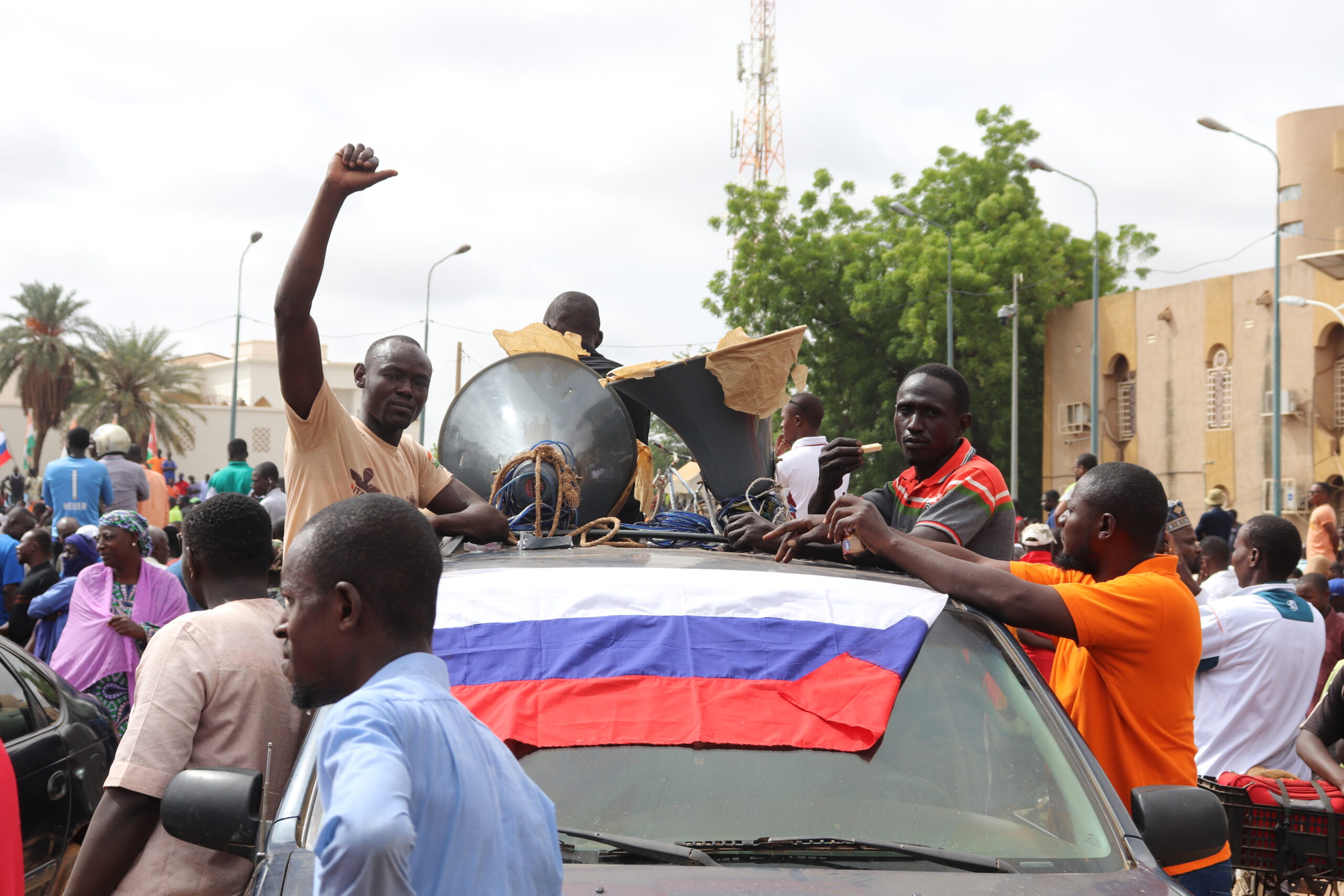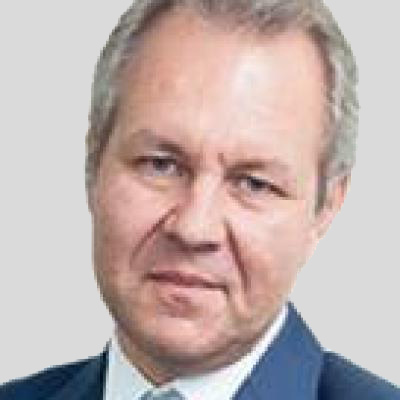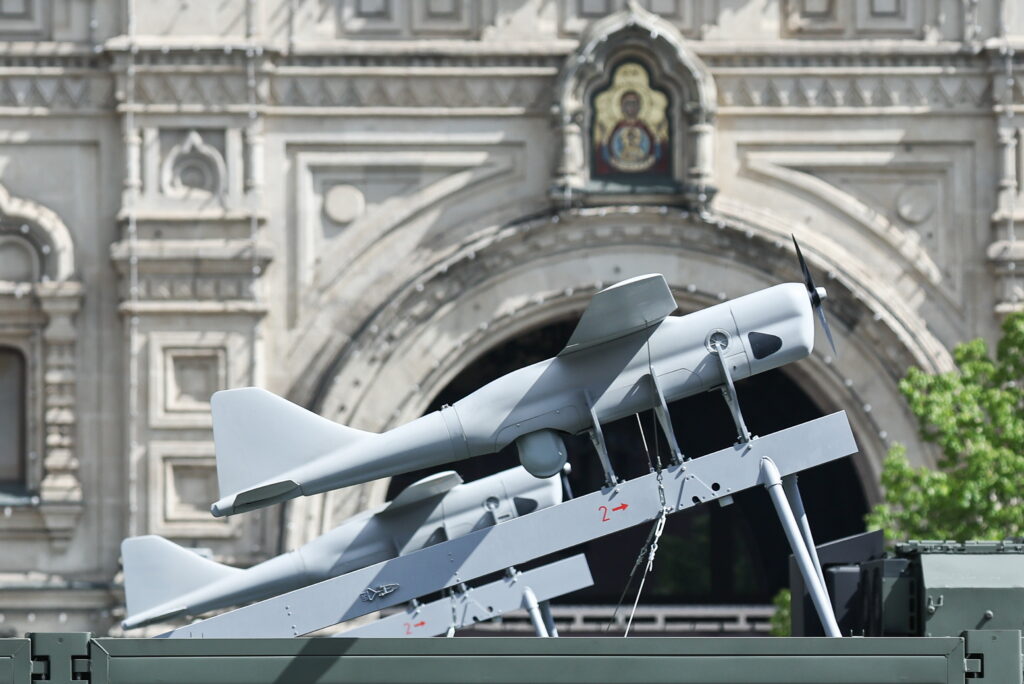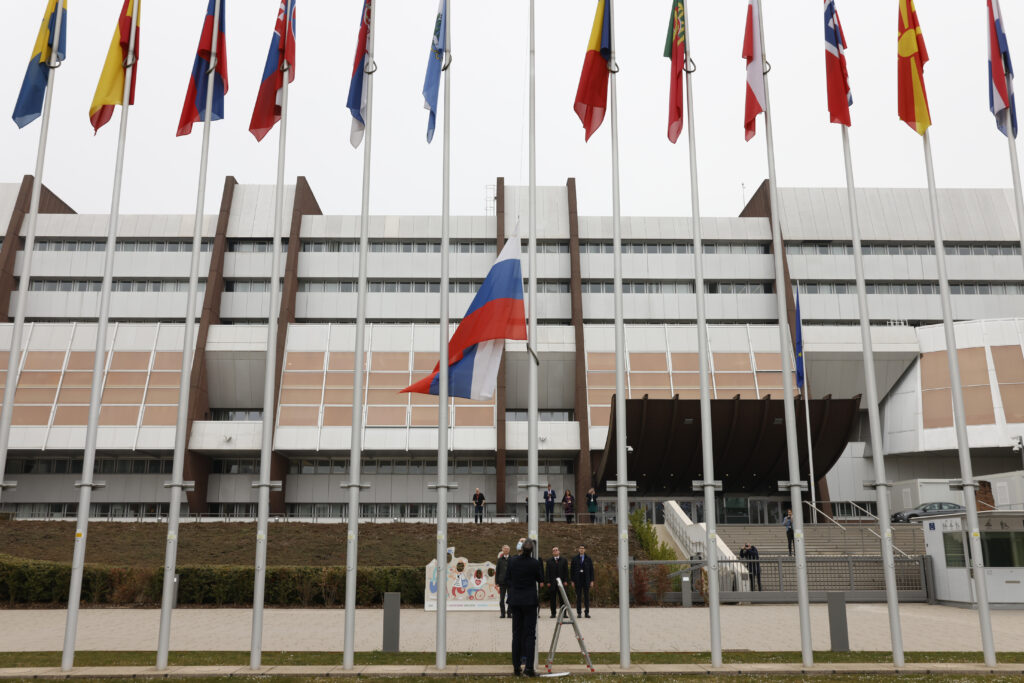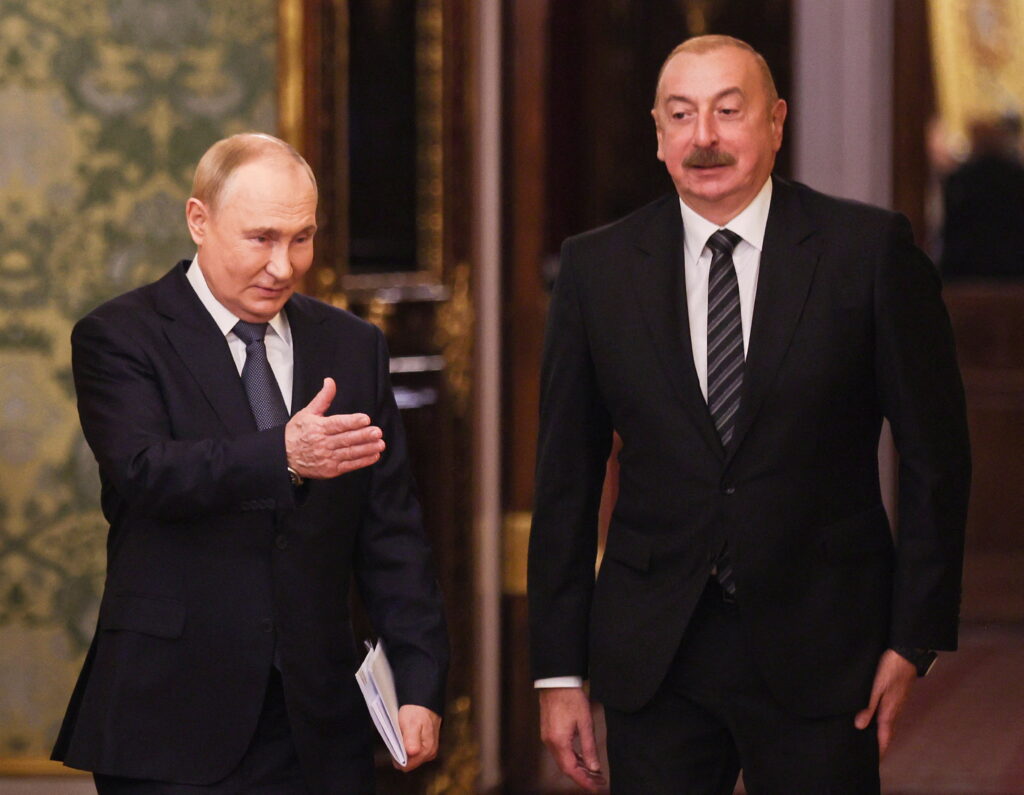Thirty years ago, the then up-and-coming Russian politician Vladimir Zhirinovsky (now deceased) published a book where he argued for Russia’s expansion into what is now called ‘the Global South’ and expressed a hope that Russian soldiers would dip their boots in the Indian Ocean. Since then, the desire to fight in the space between Turkey and India, the Persian Gulf and China has diminished for many, while the interests of the great powers have shifted towards the African continent. Russia has established its presence in that region, and continues to act there in its own singular way.
Whereas in the 2000s President Vladimir Putin was mainly concerned with restoring ties with former Soviet satellites and writing off debts for fairly successful African countries (more than USD 14.5bn worth of such debts had been forgiven by 2008, including to Libya and Algeria), the focus shifted significantly in 2012. The Kremlin and its proxies have centred their attention on the most tyrannical regimes on the continent, torn by internal conflicts but rich in valuable natural resources: Sudan, Central African Republic, Mali, Niger and a number of others. In its recent study, the RAND Corporation identified 34 cases of Russia’s interference in these countries since 2005, most of which did not involve official Russian structures but, instead, private military companies (PMC) as well as various advisors and consultants.
It should be noted, however, that since Putin’s return to the Kremlin in 2012, particular attention has focused on Central and North Africa: Russia has supported forces that were close to it in the civil war in Libya, sought to help President Omar al-Bashir to retain power in Sudan and, at the same time, armed the army of South Sudanese President Salva Kiir in circumvention of the UN arms embargo imposed on that country. After the conditional end of the civil war in CAR in 2016, during which European countries (primarily France) demonstrated their inability to resolve the conflict and withdrew most of their contingents (French soldiers finally left the country in 2022), Russia sent arms and military instructors (most of whom were members of private military units) to the republic, doing it officially for the first time. Soon afterwards, Wagner’s business in the region reached at least hundreds of millions of dollars, and rumours began to spread in Russia that CAR had turned into a ‘safe deposit box’ for the capital looted by the Russian political elite. Russian expansion did not stop there: in 2021, pro-Kremlin forces participated in an attempted coup in Chad, training anti-government rebels in southern regions of Libya. Then the Wagnerites were spotted in Mali, where they fought on the side of government forces, being involved in mass repression of civilians, while in the past year Russian flags were waved across Niger, where the military toppled the legitimate president Mohamed Bazoum in the course of a coup that was welcomed by Yevgeny Prigozhin during the last days of his life.
All these years, representatives of Russian PMCs have been running an active and profitable business in the region, providing security for the extraction and sale of precious stones and metals, which they received as payment for the weapons and services provided (there is no doubt that the income from these operations was shared with officials in Moscow, especially given that Putin himself admitted this year that the Wagner Group was financed from budgetary resources). The removal of Yevgeny Prigozhin and the subsequent ‘restoration of unified command’ in the Russian army has also brought adjustments to Russian policy in Africa: Russian Deputy Defence Minister Yunus-Bek Yevkurov paid visits to Sudan, Libya and Niger in the last few months alone. From this moment onwards, we should talk about new ‘promising’ plans harboured by the Kremlin.
Until recently, Putin and his inner circle viewed Africa as a region where Russia should have some presence (but not necessarily a significant one). The example of China with its huge investments looked attractive, but hardly feasible. Today, Western analysts tend to claim that Russia is bringing its own authoritarian and kleptocratic model to Africa rather than China’s version of an emerging economy. However, as Wagner expanded Russia’s zone of influence at little cost (or even with gain to its beneficiaries) and showed how easy it is to eradicate the former colonial presence in the region, the Kremlin may well began to think about going further.
Since the onset of active co-operation between Russia and Sudan, the press has reported on Russia’s initiative to establish its own naval base in the Red Sea (Moscow clearly wanted a presence in that strategic region, where only the Iranian-backed Yemeni Houthis are still rampaging). So far, this plan has not been implemented, but all the new zones of Russian influence in Africa are gradually beginning to look like a belt, stretching from the Red Sea to the Atlantic Ocean, with the Kremlin being very keen to gain access to the latter. As of today, after the recent coup in Burkina Faso, which gave the power to anti-Western forces, although not explicitly pro-Russian ones (although the country’s new leader was the first one to arrive at the Russia-Africa forum), the ocean is only a short distance away.
Recently, Western analysts have begun to note the relevant processes, although they do not yet link them directly to Moscow’s influence (in this regard, the article by Comfort Ero and Murithi Mutiga in the new issue of Foreign Affairs is quite indicative: the authors discovered a certain ‘coup corridor’ stretching from east to west across the central regions of Africa). We should pay attention not only to the coups as such (in fact, they are not always groundless, as shown by the 2021 coup in Guinea, resulting from a controversial referendum held by President Alpha Condé, which allowed him to run for a third term, so much desired by Oleg Deripaska), but also to their consequences (in the said Guinean case, the new authorities are working to return to democratic procedures and maintain relations with European countries). The question today is largely whether the Europeans will continue to give up their position in the West African region (where the French influence remained strong for a long time) or try to stop the expansion of the Russian presence.
Admittedly, Moscow is currently using anti-colonial rhetoric that is popular in the region (often supporting those politicians and activists who converted to pan-Africanism after being born and raised in Europe, such as Kémi Séba, who founded his black supremacist and anti-Semitic movement after being educated in France and the United States) and providing relatively little economic aid to the poorest African countries. Unlike Beijing, Moscow has not invested heavily in African economies, but it has been much more high-handed in the region, not shying away from political destabilisation. In order to complete the construction of its ‘belt’ that may cut through the African continent, the Kremlin needs to establish control over any of the small countries closely linked to France: Côte d’Ivoire, Senegal or Cameroon. While those countries harbour anti-colonial sentiments, they nevertheless maintain stable relations with France, hoping for its help in solving their internal problems (in the case of Cameroon, this refers to the protection of its borders with Chad and the Central African Republic).
However, it should be noted that the situation in all three countries can hardly be considered fully stable. Cameroon and Côte d’Ivoire are led by elderly leaders: Paul Biya has turned 90 and Alassane Ouattara is 81 (the former also holds the current world record for the length of time in power, excluding crowned monarchs), while Senegal is going through a difficult period of ‘transition of power’ (in opposition to Guinea, but perhaps taking its experience into account, the 61-year-old President Macky Sall has decided not to run for a third term, trying to hand the power over to Amadou Ba, the current head of government and member of the Board of Governors of the World Bank Group).
Strange as it may seem, the most contradictory situation is developing in Senegal, attracting the gaze of those ‘Pan-Africans’ who support the ‘Russian world’ (for instance, Kemi Seba, who has now moved the centre of his activities to Senegal, has visited Moscow several times over the past few years, participating in various official events, meeting with Alexander Dugin and even speaking at MGIMO a couple of weeks ago, while Nathalie Yaamb prefers to call herself ‘the lady of Sochi’ after her speech in Sochi in 2019, when she accused France of plundering the wealth of Côte d’Ivoire and preparing for a coup, following which she was declared persona non grata there). Today, they support opposition candidate Ousmane Sonko, who is seen by many as a man linked to Yevgeny Prigozhin’s structures, also sympathising with Vladimir Putin (the authorities tried to remove him from the election, but the court returned his name to the ballot papers recently).
Not so long ago, many Western analysts were inclined to claim that ‘no global problem can be solved without Russia’. Now it should be recognised that Russia is actually the creator of many problems and conflicts, but is not involved in overcoming any of them. We see the same thing in Africa: no country penetrated by Russian interests has seen lasting peace and solid prosperity. As we know, Africa continues to be among the poorest regions in the world, but a distinction should be made here: with an average GDP per capita of USD 2,150 for the continent as a whole, Russian influence is most perceptible in the poorest countries: Mali ($ 875), Chad ($ 703), Niger ($ 631), CAR ($ 539) or South Sudan ($ 417). However, the better-off countries such as Senegal ($ 1,637), Côte d’Ivoire ($ 1,668) or Cameroon ($ 2,560) are now under threat. Nevertheless, this holds out the hope that Russian ‘influencers’ will not break through to the ocean and its ‘belt of influence’ will not split the continent in two. However, for this not to happen, the European capitals must change their attitude towards African problems from indifferent to interested.
